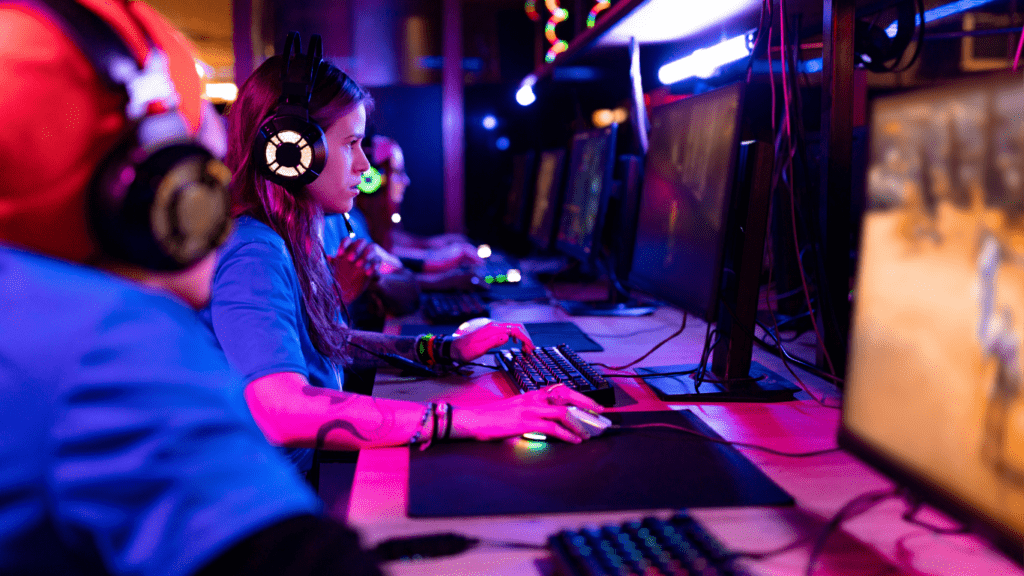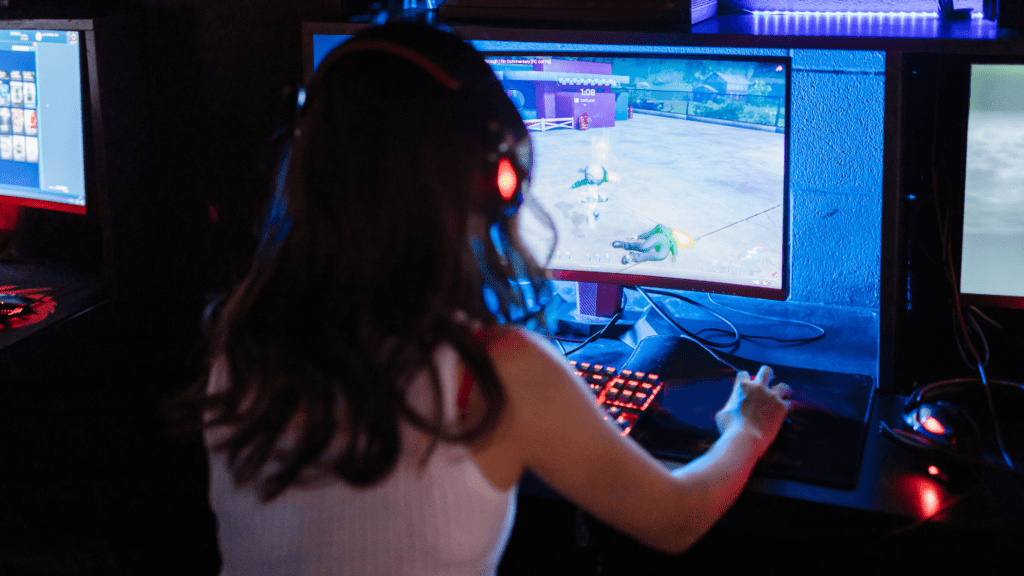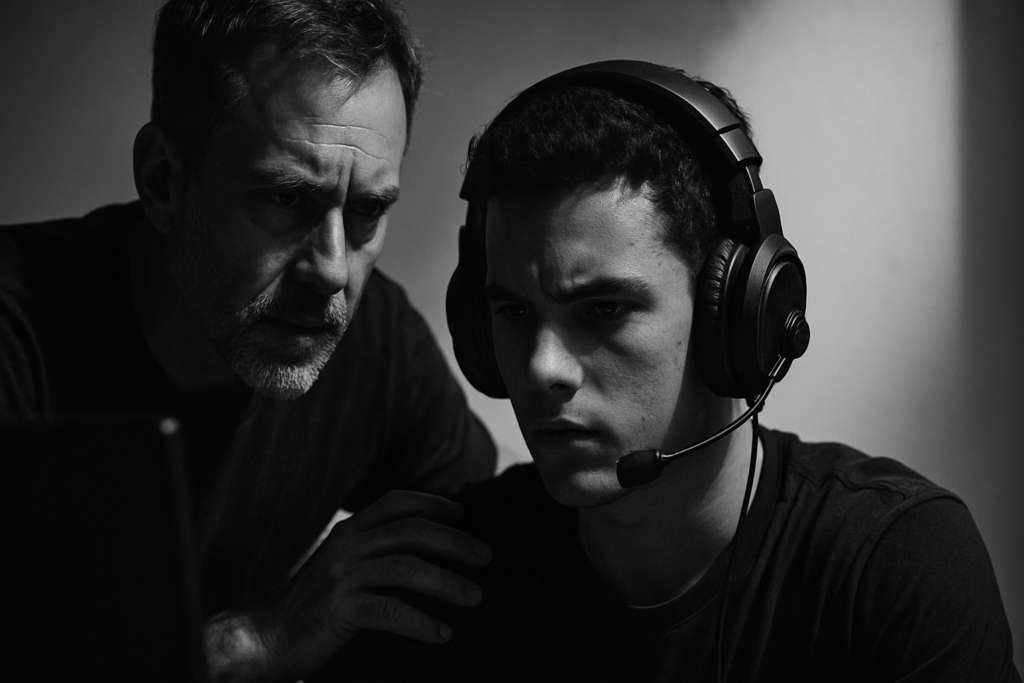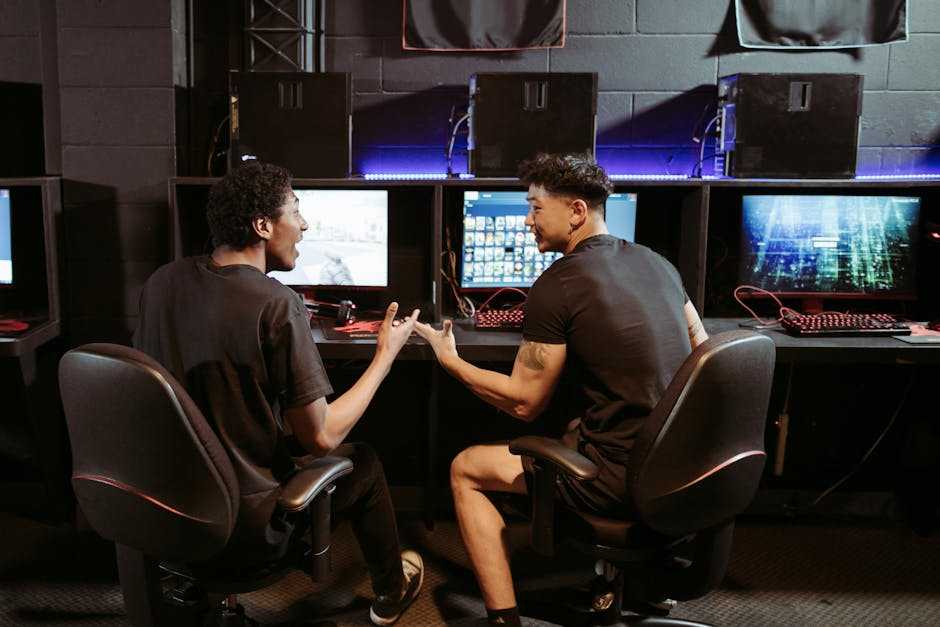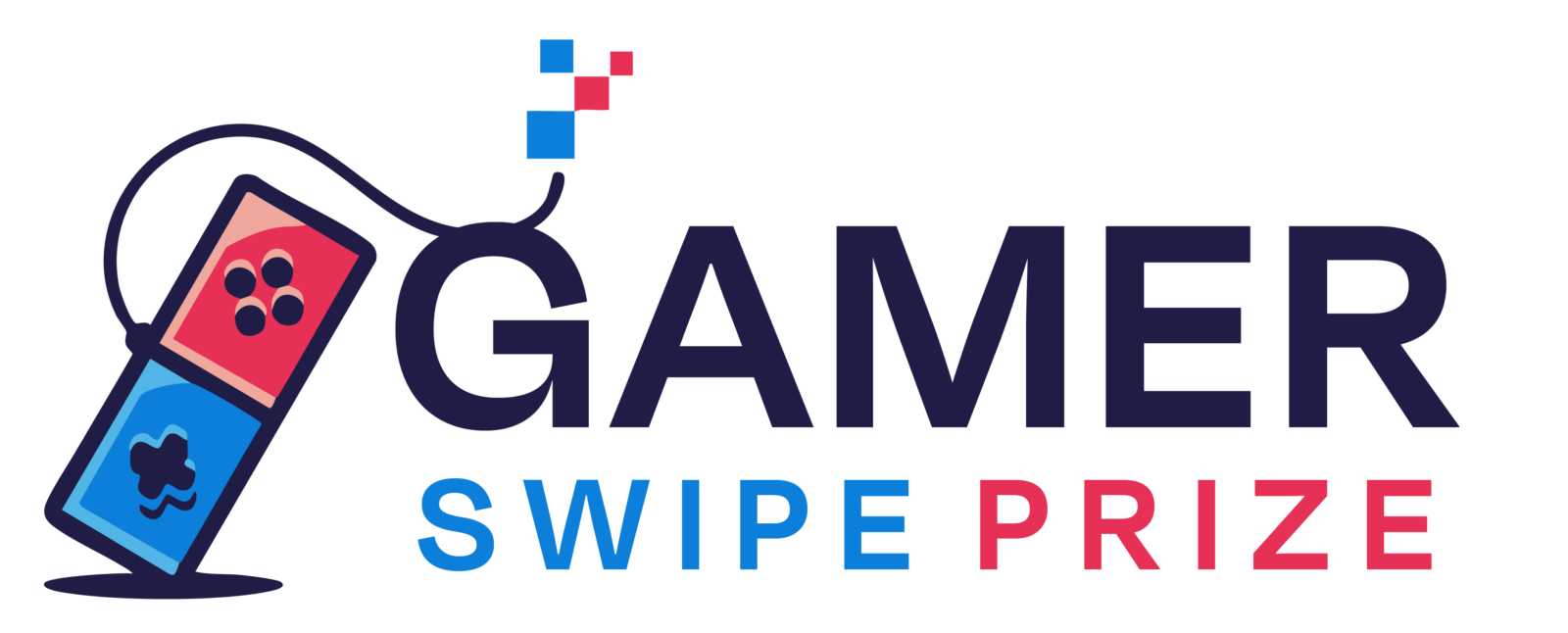The Evolution Of Women In Esports
Women have steadily increased their presence in esports, overcoming barriers to claim their space in a male-centric industry. Early participation was limited to casual gaming, but the 2000s saw a shift with the formation of women-focused teams like Frag Dolls, founded in 2004. These teams highlighted female talent and inspired others to pursue competitive gaming.
The last decade accelerated progress, with women entering mainstream esports events. For example, Sasha “Scarlett” Hostyn became the first woman to win a major StarCraft II tournament in 2018. Initiatives like the Women in Games organization and tournaments such as the GirlGamer Esports Festival have provided platforms for female players, fostering growth and recognition.
Representation extends beyond players, with women contributing as:
- casters
- coaches
- executives
For instance, Eefje “Sjokz” Depoortere has become a renowned esports host, while organizations like Riot Games have increased efforts to include diverse voices in leadership roles. These advancements reflect the industry’s gradual acknowledgment of women’s significance in reshaping competitive gaming dynamics.
Breaking Barriers And Overcoming Challenges
Women in esports have faced numerous challenges while striving for recognition in a male-dominated space. Despite these hurdles, they’ve consistently shown determination to redefine long-standing norms.
Gender Bias And Stereotypes
Women entering the esports industry often contend with entrenched gender biases. For example, stereotypes about women’s gaming abilities frequently undermine their legitimacy as competitors. A 2021 study by Reach3 Insights revealed that 59% of female gamers experienced disparaging comments while playing online. These biases discourage participation and create additional pressure for women to prove their skills repeatedly.
Addressing these stereotypes requires persistent efforts to normalize women’s achievements in esports. Visibility creates familiarity, which challenges outdated beliefs. Initiatives promoting skill-based recognition, regardless of gender, are reshaping perceptions within the competitive gaming culture.
Lack Of Representation In Top Teams
- Few women players secure positions on high-performing esports teams.
- Professional opportunities tend to remain scarce, reflecting lingering inequalities in scouting and recruitment processes.
- In popular competitive scenes like League of Legends and CS:GO, mixed-gender teams are rare.
- Statistics from 2022 show that men comprise over 90% of players across most top-tier teams globally.
- Limited representation impacts role-modeling for aspiring talent.
- Organizations like Cloud9 White and XSET address this gap by fostering all-female rosters, nurturing skill development at the highest levels.
- Expanding these initiatives to integrate more mixed-gender teams can further break the cycle of unequal team dynamics.
Shining Stars In Women’s Esports

Women in esports continue to break barriers, achieving milestones that inspire new generations. Their extraordinary talent and resilience are reshaping the competitive gaming scene.
Leading Figures And Their Achievements
Prominent women in esports have reached incredible heights in their fields. Sasha “Scarlett” Hostyn, a professional StarCraft II player, became the first woman to win a major tournament in 2018, redefining what’s possible for female gamers. Eefje “Sjokz” Depoortere, a trailblazer in esports hosting, gained recognition for her dynamic presentations at League of Legends events, establishing herself as one of the industry’s most prominent personalities.
Other influential figures include Katherine “Mystik” Gunn, who won the WCG Ultimate Gamer Season 2, and Zainab “zAAz” Turkie, an accomplished Counter-Strike professional known for her success with all-female rosters. Their achievements highlight the growing presence and competitiveness of women in top-tier esports.
Inspirational Stories Of Success
Women in esports have inspiring journeys of overcoming challenges to achieve success. Julia “Juliano” Kiran, a celebrated CS:GO player, built an impressive career while facing gender biases, proving that skill knows no boundaries. Likewise, Rumay “Hafu” Wang transitioned from a competitive World of Warcraft arena player to a leading figure in Hearthstone and TFT, showcasing versatility and resilience.
Another motivational example is Stephanie “missharvey” Harvey, a five-time world champion in Counter-Strike, who advocates for inclusivity and actively mentors aspiring female players. Their stories motivate upcoming talent to pursue esports careers despite societal hurdles.
Rising Talents To Watch
Female players and teams are proving their significance in esports through exceptional skill and dedication. A generation of rising talents is reshaping competitive gaming and earning recognition for their achievements.
Promising Players Making Their Mark
Multiple women are delivering remarkable performances across various esports titles. Jorien “Sheever” van der Heijden, celebrated for her work in Dota 2, continues to inspire players with her vast knowledge and ability to engage audiences. Another standout, C9 Annie, has become a leading player in VALORANT, elevating the competitive scene with extraordinary precision and strategy. Meanwhile, Melem, known for her performances in CS:GO, reinforces the growing pool of talent impacting professional tournaments.
Félix “Yuki” Morales, a rising star in League of Legends, has demonstrated unmatched synergy and adaptability in regional competitions. These players not only excel in their games but also set examples for aspiring women looking to build careers in esports.
Emerging Teams Dominating The Scene
All-female rosters are challenging traditional team dynamics and claiming recognition on the global stage. Cloud9 White, recognized for their exceptional coordination and dominance in VALORANT, remains a beacon of success for women-focused teams. XSET Purple has impressed audiences with consistent results in FPS titles, showcasing their potential to rival mixed-gender competition.
Guild Esports’ all-women team has further excelled in Fortnite competitions, reflecting progress in integrating women into diverse esports verticals. Diverse initiatives like Cadence Esports are paving the way for new entrants, expanding competitive opportunities and fostering a sustainable pathway for female teams to thrive in global leagues.

